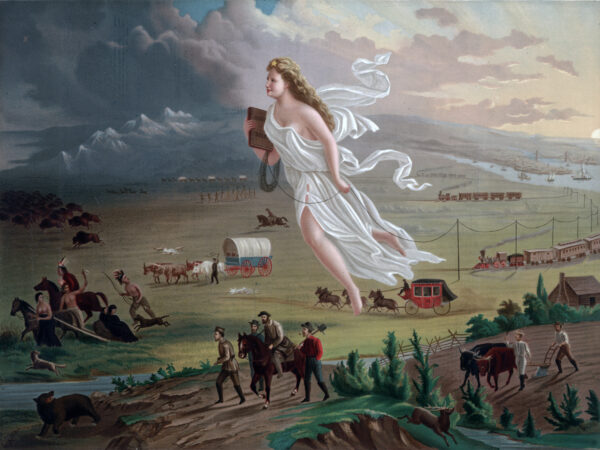
The planetary activities that spill out beyond the shape of any single form of life, full of uninvited faces, are what Sylvia Wynter calls the “necessary and indispensable preludes” to the emergence of our new self-awareness, to the development of new forms of life.
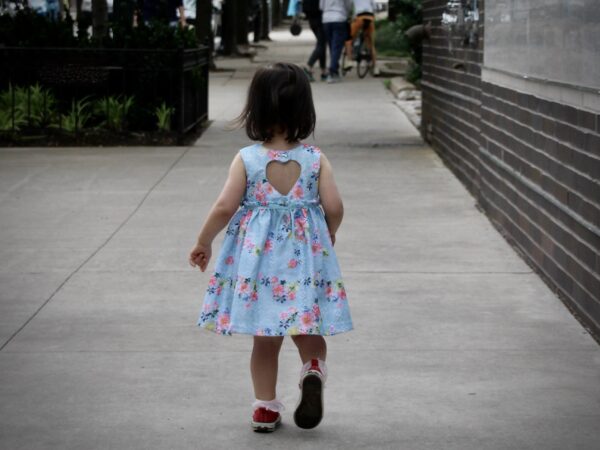
“How might my child and I leverage the love of our family and ourselves to promote decoloniality that resists anti-Indigeneity with the persistent, sometimes subtle, power of Indigenous aunties?”
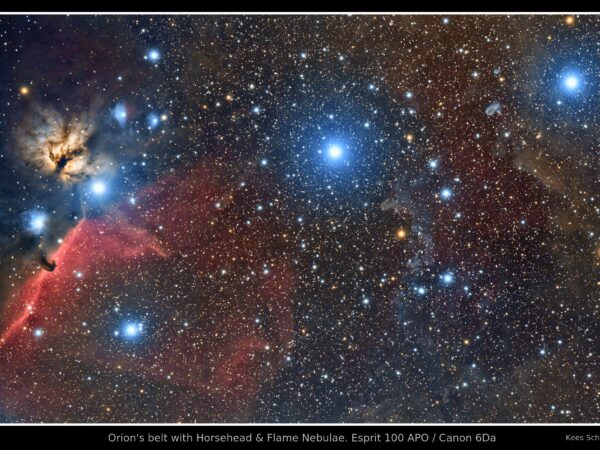
“If laws are for elders, stories are for children. And the stories that children tell are never general and abstract. They ground us in, or guide us toward, what is really important.”
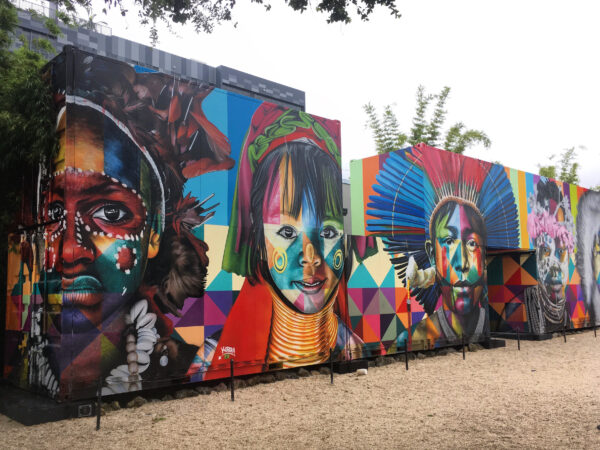
It is not always possible (or advisable) to separate the “political” from the “religious” or “cultural” in Indigenous contexts. Indeed, all of these are concepts developed by outsiders to describe Indigenous life. Instead, Indigeneity invites scholars of political theology and related fields to consider the relationships between these threads of cultural life.

Refusal is a strong current resisting the structure of settler colonialism. It crashes, churns, and erodes the death-dealing dams of settler knowing. Its path turns away from the settler’s gaze.
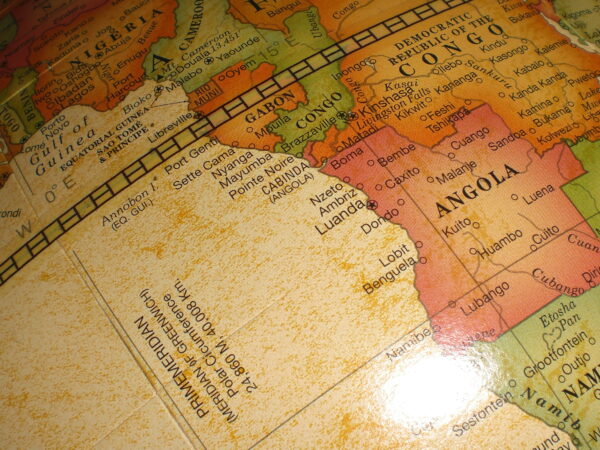
Contemporary African political theologies are a study in contrasts. A prophetic strand challenging unjust politics is alive and well, but so are political theologies that align with unscrupulous politicians and seek wealth at the expense of ordinary people. This dizzying situation raises questions of both substance and method about what African political theology is and how to do it.
